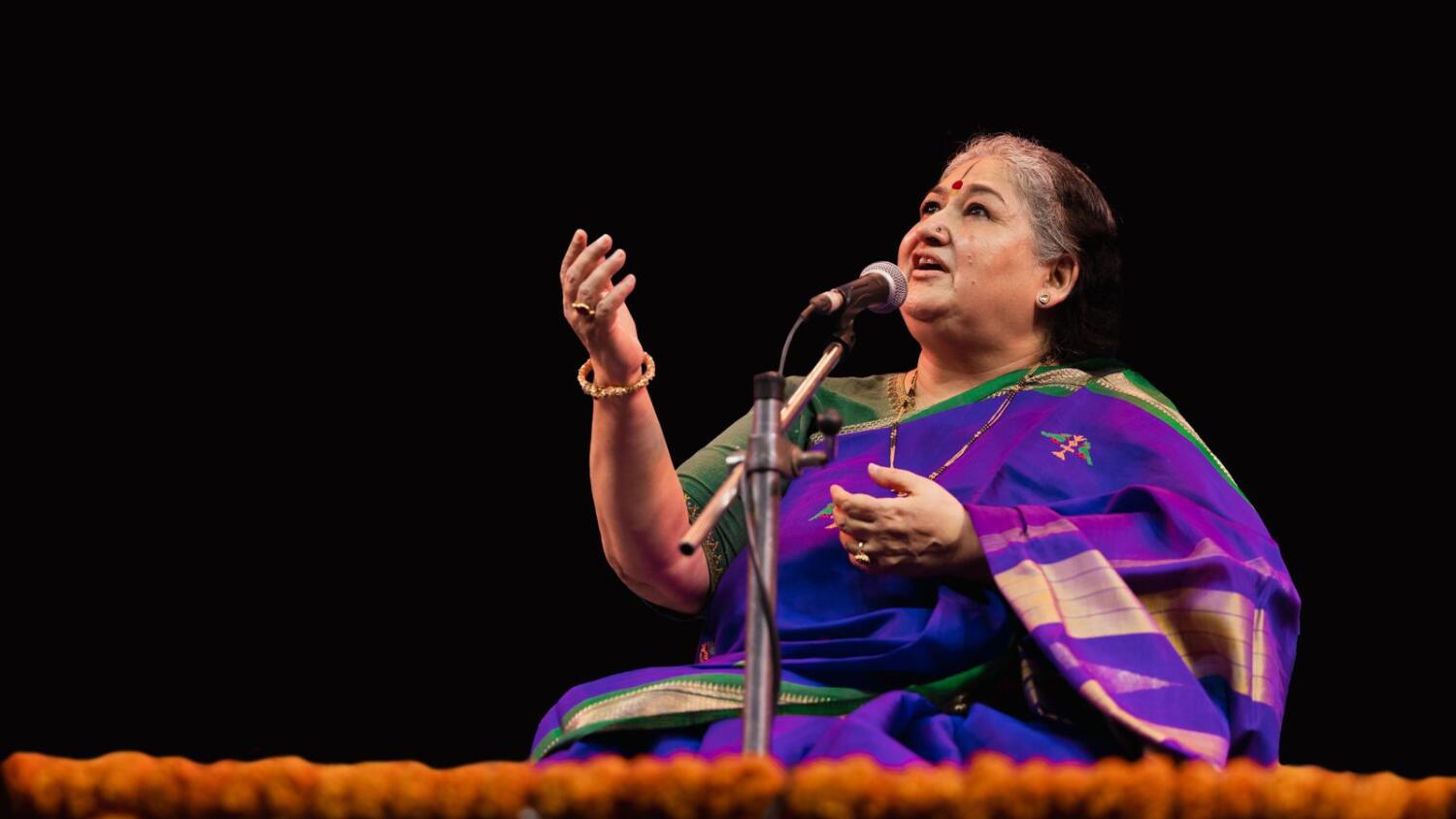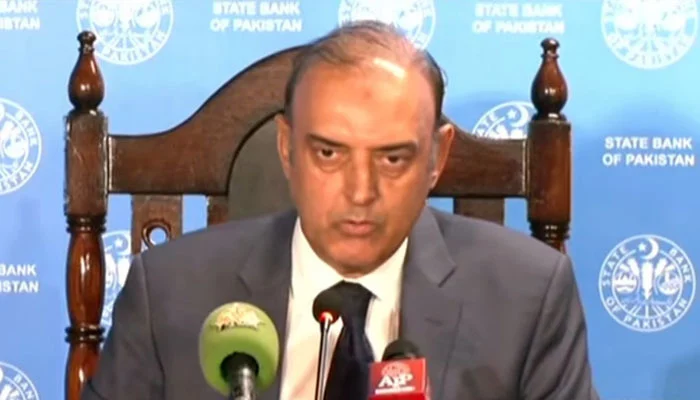Shubha Mudgal: "Seems to be of little concern" for the security and well-being of female musicians
- byAdmin
- Jul 3, 2024
- 11 months ago

Shubha Mudgal, one of the most well-known and adaptable vocalists in India, has dabbled with and flourished in a number of Hindustani classical music genres. She has given voice to socio-cultural concerns outside of music, such as women's rights and the legal challenges encountered by musicians as well as royalties. Mudgal will perform at the Romancing Tagore performance on May 11 at the Emirates International School Auditorium in Jumeirah. The event will highlight the musical compositions of the Indian Nobel winner, which have touches of Indian classical music. During an interview with Khaleej Times, Mudgal discusses extensively the reason behind Tagore's music's continued cultural resonance. Excerpts edited from an interview:
You've had the good fortune to study under some of the greatest Indian musicians. Was it you who choose your guru, or did the guru select you?
To the best of my knowledge, and this also applies to me, the person who approaches the guru is always the shishya (student). The legendary teachers I had the good fortune to study under had a large student body, busy schedules with concerts and homework, and I will always be appreciative of them for agreeing to mentor me despite their hectic schedules.
Over 25 years after its debut, your record Ab Ke Sawan is still receiving a lot of plays on major music applications. Have you never considered releasing a follow-up album?
Even though my streaming earnings and royalties have never once matched the track's popularity, it always makes me happy to hear that a song I recorded 25 years ago is still being played and sung by other artists. And I did release many albums and tracks after that, some of which are also rather well-known. Examples of these include Dholna (from the album Pyar Ke Geet) and Mann Ke Manjeere (from the album Mann ke Manjeere).
What is your opinion on including performing arts or music in the curriculum of schools?
Every school-age child in the nation, in my opinion, would benefit greatly from a strong arts education programme. In 2005, as chair of NCERT's National Focus Group on Arts, Music, Dance, and Theatre, we formally submitted a recommendation to NCERT, CABE, and the Indian government advocating for the same. On the NCERT website, our Position Paper on the topic is still accessible.
You have supported several social initiatives with your famous position. What thoughts do you have regarding how women are portrayed in Indian classical music? Could you provide specifics about the campaigns you support?
I participate in and support causes that I feel strongly about, but I never utilise my "celebrity status" to further a cause. This is a result of my lack of belief in celebrity culture and my own lack of famous status.
The situation of women's treatment in Indian classical music is multifaceted and intricate. First-generation female musicians like myself have, on the one hand, had the chance to study classical music and pursue music as a career. We've also gotten a good deal of recognition and approval. On the other hand, it appears that no one in Indian society is particularly concerned about the safety and wellbeing of female artists. Leading groups, including music schools where a student body may be especially susceptible, celebrate and encourage musicians accused of abusing and exploiting women to play at the most esteemed festivals and events. Hindustani classical music is also a reflection of the silence and duplicity that characterise Indian society.
In your opinion, what part does social media play in extending the reach of performers and music?
For artists, social media and internet mediums were their only options throughout the epidemic. For a few years, the majority of artists therefore adjusted to these formats' requirements. Because there isn't enough information available to make a firm decision, I really can't say that these formats have benefited all artists. Many artists still find these formats unattainable due to connectivity problems, the tools and expert assistance needed for these formats, and in fact, a mastery of the presenting methods.
How do you manage to remain current?
As a musician and music student, I gladly give in to my creative impulses and create the music and art that I feel strongly about. To be honest, that's all I can do. I have no control over whether or not it makes me important now or in the future. I cannot even control, influence, or forecast it.
What can we anticipate from the Malhaar-produced Romancing Tagore concert in terms of sights and sounds?
I appreciate Malhaar extending an invitation to me to play in Dubai. Rabindranath Tagore's songs will be performed by the Malhaar choir, and in response I will perform Brajbhasha, Awadhi, and Hindi khayal, thumri, and raag-based pieces. For this concert, I'll be joined by two very skilled and seasoned musicians: Shri Sudhir Nayak on the harmonium and Dr. Aneesh Pradhan on the tabla.
Post a comment
Hot Categories
Recent News
From Gaza to Tehran: How the Iran-Israel Conflict Is Reshaping Global Alliances
- Jun 23, 2025
- 4 hours ago
Daily Newsletter
Get all the top stories from Blogs to keep track.



0 comments